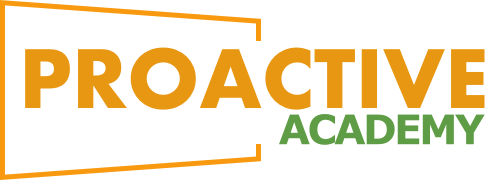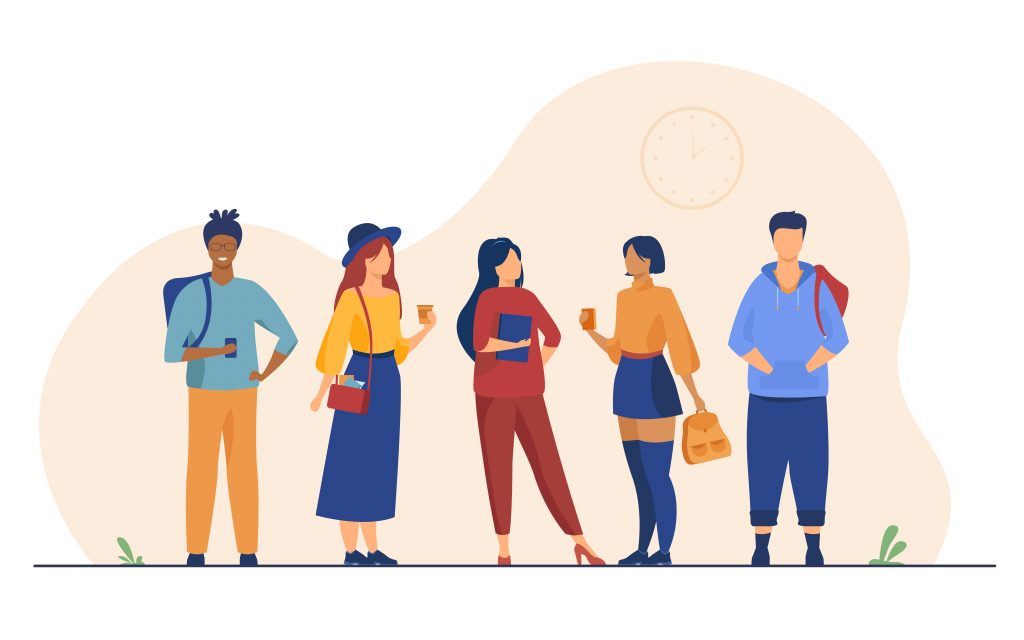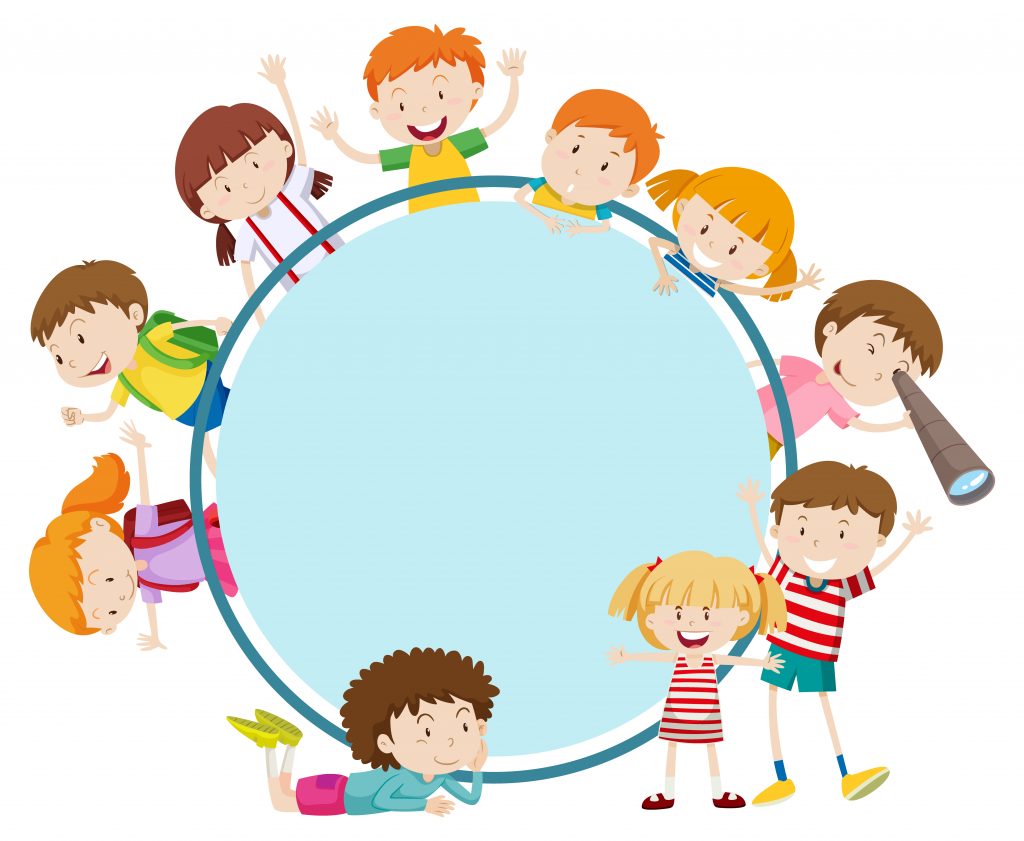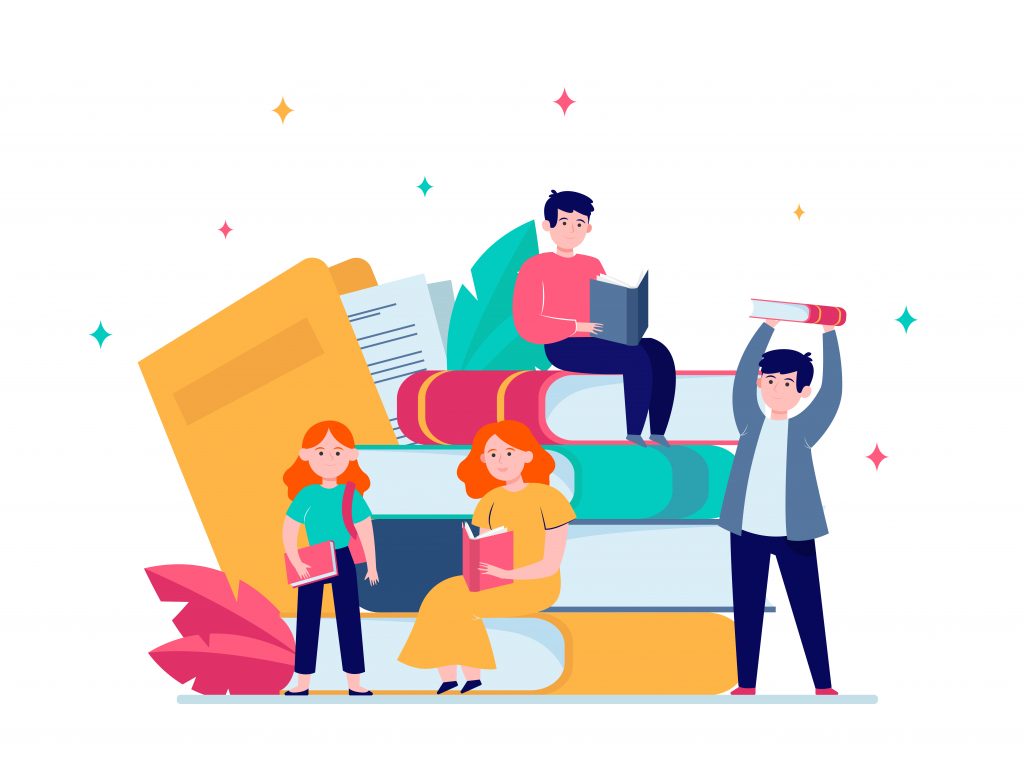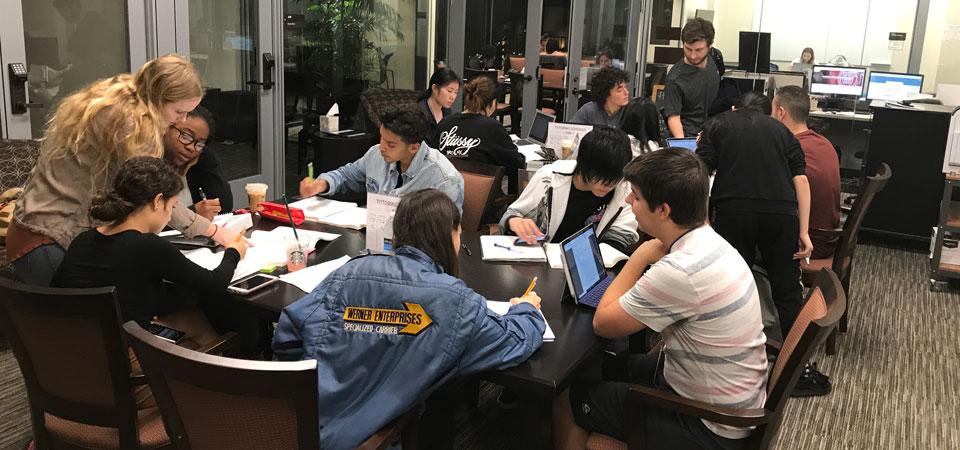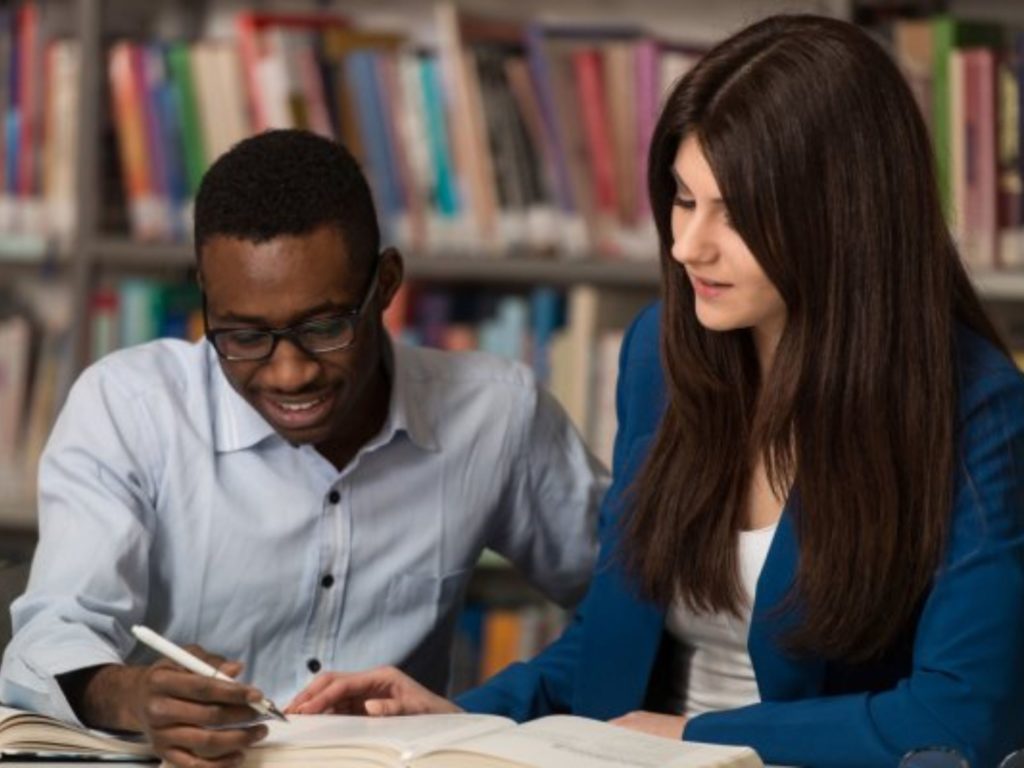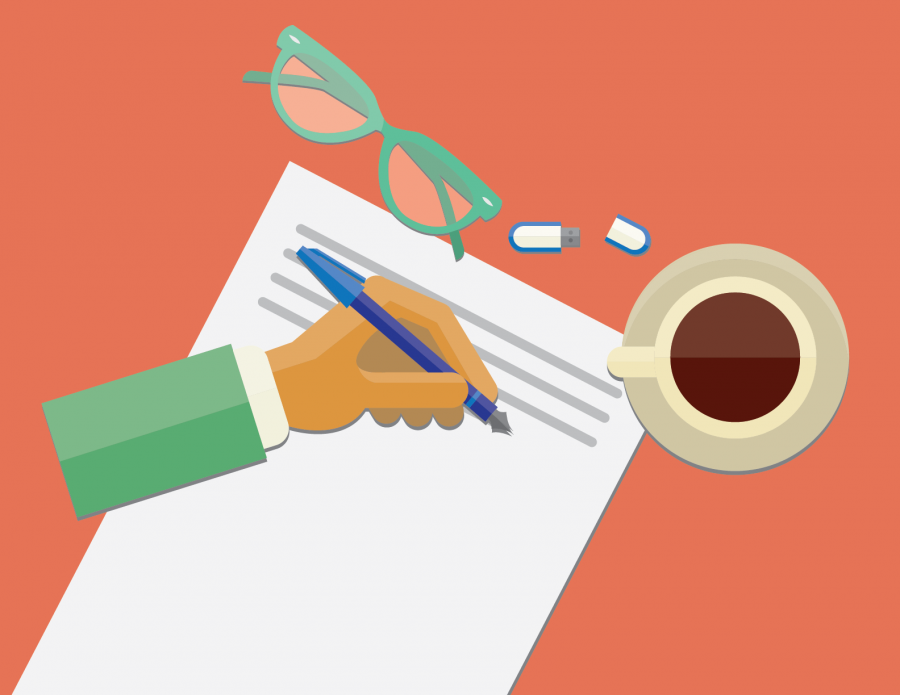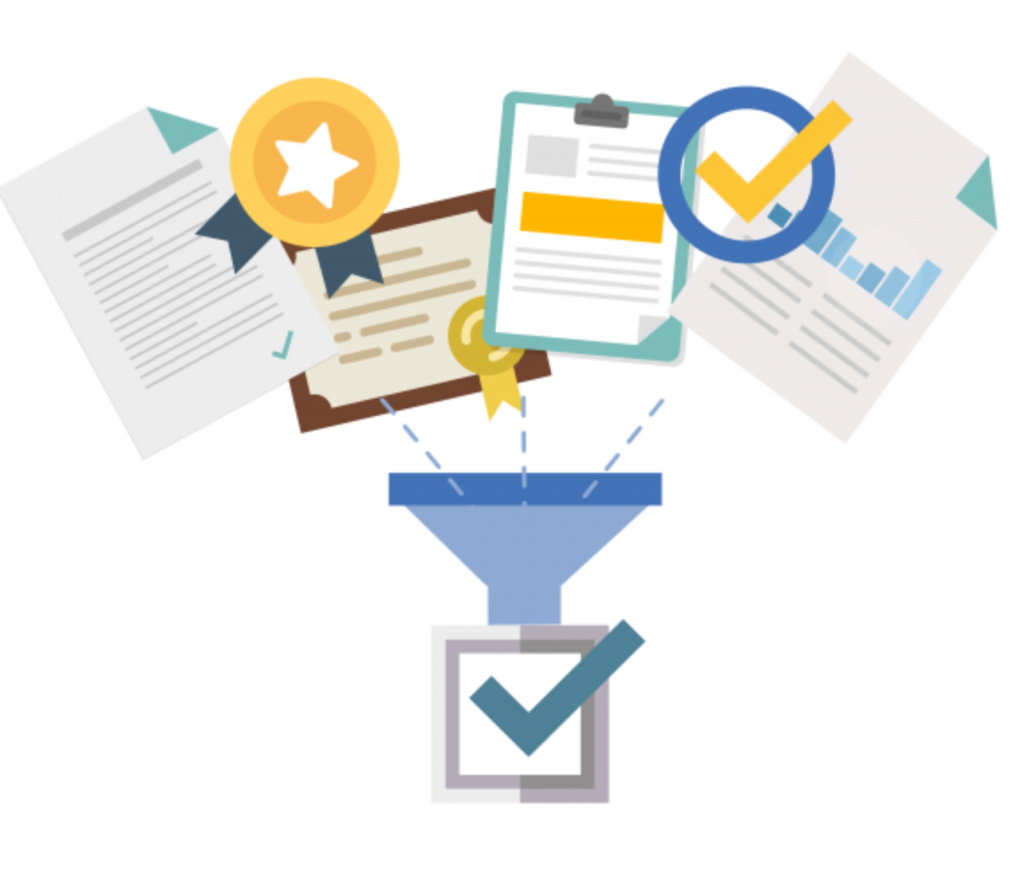Positive Teen Development
Learning objectives
To introduce and develop the core set of skills (world bodies such as UNICEF, UNESCO, and WHO) which are the heart of skills-based initiatives for the promotion of mental health and well-being.
To create awareness and usefulness of informative, deeply researched free content and no commercial ads based multilingual online encyclopaedia such as Wikipedia.
Develop a sense of usefulness of search engine such as Google and identify the time-wasting/negative elements in it.
Highlight the useful and practical aspects of online video sharing platform such as YouTube and identify the time-wasting/negative elements in it.
Highlight the usefulness of social media twitter, Instagram, snapchat and social network service such as Facebook and identify the time-wasting/ negative elements in it.
10 CORE SKILLS SET
- To be a catalyst in the of process of building a sense of identity during adolescence (actually going on in the brain).
- To be able to actively construct sense of self.
- Mindful Meditation
Home Resource:
- YouTube
Studies reveal:
Neuroscience research suggests that this process of building a sense of identity during adolescence is actually going on in the brain. When teens made statements about themselves, the dorsolateral prefrontal cortex, an area of the brain important for self-reflective processing, lit up. This suggests that teens are actively constructing a sense of self.
- Who? What? Why? When? Where? How?The teens could relate these questions to themselves and exercise personal self-reflection
- Ask relevant, clear questions with a precise and limited scope
- Methodically gather information and accurately assess it
- Reach well-supported conclusions, and evaluate them against counterevidence
- Big Paper (discussion topic -social media effects on mental health )
Home Resource:
- poster size paper (white colour is a good option)
- marker pen, sketch pen
Helpline :
- Writing Corner @Proactive Academy
- Develop divergent thinking
- Comprehend experimentation as a component of learning
- Thinking about mistakes could lead to new learning and discoveries
- DIY for friends or Self-use
Home Resource:
- as per your requirement and choice
Helpline :
- YouTube
- Brainstorm Workshop @Proactive Academy
Studies reveal:
The potential to foster creativity among 11-13 year olds is tremendous! Middle schoolers are capable of problem solving in creative ways that will drive their own discoveries and their skills allow them to identify nuances and possibilities.
According to results from the UK government’s report on literacy, children were most creative between the ages of 3-5, when 98% of those tested demonstrated the ability to think in divergent (non-linear) ways. Divergent thinking is a key component to creative thought processes. By the time these children were 8-10 years old, only 32% demonstrated divergent thinking. Among the 13-15 year olds, the number had dropped to only 10%. Obviously, divergent thinking declines tremendously over the course of development. But why?
The reason creativity diminishes as children grow may vary with each stage. For young adolescents, the intense pressure to conform, fit in, and not stand out is one key factor for the (continued) loss of creativity. While teens are known for being impulsive risk-takers, within academic circles they tend to be the opposite. They conform to expectations, often work to prepare for the test, and avoid actions that may draw attention to them or will cause them to make public “mistakes.”
However, there are ways to work with children’s developmental drives and foster creativity at the same time.
- To inculcate the four steps of decision-making in the habit and consequently behaviour.
- able to recognize a situation that requires their attention-stop, think, act
- to think about all the possible choices/options they have in a specific situation
- to consider the possible consequences of each choice
- to take a decision
Future Bowl
Home Resource:
- A big bowl
- Pen
- Few sheets of paper
Helpline :
- Speech House @Proactive Academy
- To inculcate the six steps of problem solving in the habit and consequently behaviour.
- able to identify a problem
- to think why it is a problem
- to brainstorm possible solutions to the problem
- to evaluate the solutions to the problem
- to put the solution into action
- to evaluate the outcome of the problem -solving process
Mental Maths
Home Resource:
- notepad
- pen
Helpline :
- Maths Olympiad @Proactive Academy
- to express ourselves, both verbally and non-verbally, that are appropriate to our cultures and situations
- able to express opinions and desires, and also needs and fears
- able to ask for advice and help in the time of need
bonding between deaf and dumb
Home Resource:
- notepad
- pen
Helpline :
- brainstorm workshop @Proactive Academy
- to have a successful relationship with our loved ones and society at large,
- to understand and care about other peoples’ needs, desires and feelings
- able to imagine what life is like for another person.
- to comprehend that without empathy, our communication with others will amount to one-way traffic.
- to comprehend that empathy can help us to accept others, who may be very different from ourselves.
- to comprehend that empathy can improve social interactions, especially, in situations of ethnic or cultural diversity.
Choose any culture that you find unique (besides your own)
Home Resource:
- notepad
- pen
Helpline :
- speech house @Proactive Academy
- able to make and keep friendly relationships, which can be of great importance to our mental and social well-being
- to keep good relations with family members, which are an important source of social support
cleaning the bedroom
Home Resource:
- notepad
- pen
- to recognize stressful situations as they occur and focus on managing how to react
- to recognize stress as the core factor in physical, mental, and emotional disease
- to inculcate simple lifestyle changes
- comprehend how unconscious physical, mental and emotional habits create stress, aging, addiction and disease
- through awareness and simple lifestyle changes like healthy eating habits, reclaiming youthful vitality, joy and well being.
- food, clock, gardening, singing, listening to music, reading book etc
Home Resource:
- notepad
- pen
Helpline :
- brainstorm workshop
- able to recognize emotions within us and others
- being aware of how emotions influence behaviour
- able to deal with intense emotions like anger or sadness
- able to comprehend that emotions can have negative effects on our health if we do not respond appropriately
self-care (physical, social, mental, spiritual, emotional)
Home Resource:
- your home
Helpline :
- brainstorm workshop @Proactive Academy
- your home
